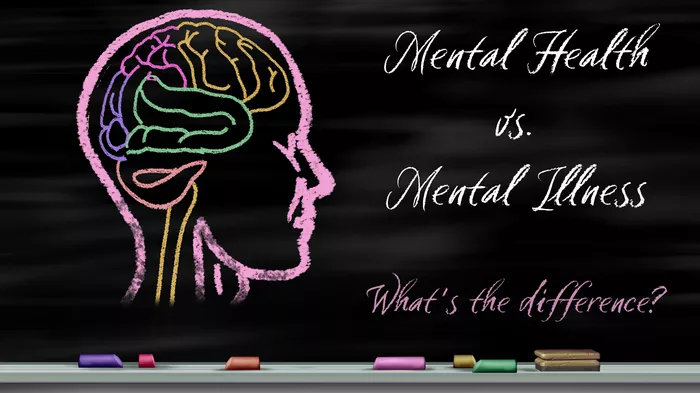On March 6, the Austin City Council approved an agreement with Austin Public Health to allocate approximately $150,000 in funding to two local nonprofits providing mental health care services to LGBTQ+ youth in Austin and Travis County. The funds will be distributed to LifeWorks and Out Youth, each receiving about $51,000 from April 1 to September 30, with an additional $102,000 to be allocated for the following year upon approval of the 2026 city fiscal budget.
The funding initiative stems from a recommendation made by the city’s LGBTQ+ Quality of Life Advisory Commission, which conducted a comprehensive study in 2021 to assess the mental health needs of the LGBTQ+ community. The study’s findings confirmed a significant gap in mental health services for LGBTQ+ individuals, especially youth, and underscored the importance of addressing these issues.
Supporting LGBTQ+ Youth Mental Health
Brandon Wollerson, a commissioner on the LGBTQ+ Quality of Life Advisory Commission, emphasized that the study provided valuable insights into the mental health challenges faced by the LGBTQ+ community. He stated that the results “validated” the lived experiences of community members and illustrated the need for targeted support.
“The city had never undertaken anything like this, to truly understand the needs of the LGBTQ community from both a quantitative and qualitative standpoint,” said Wollerson. “We wanted to center the needs and priorities of the community.”
The commission’s work is focused on addressing the most pressing concerns of the LGBTQ+ population, including mental health care. As Wollerson pointed out, the closure of community spaces like the University of Texas’ Gender and Sexuality Center has exacerbated these needs, particularly for students who previously relied on the center for mental health support.
Impact of Campus Center Closure
Nikki Hewett, a senior at UT and president of the Gender and Sexuality Collective, has been researching the effects of the center’s closure on LGBTQ+ student mental health. The center previously provided free mental health services, including a liaison from the campus Counseling and Mental Health Center. With its closure, students now face challenges in accessing appropriate mental health care.
Hewett explained that even if a mental health provider is supportive of LGBTQ+ individuals, they may not fully understand the unique experiences and challenges that LGBTQ+ people face. “Having to continuously explain our experiences can be draining,” said Hewett. The loss of specialized support services, they noted, has made it more difficult for LGBTQ+ students to find adequate care.
Continued Advocacy and Funding for LGBTQ+ Mental Health
The allocation of funds to LifeWorks and Out Youth is seen as an essential step toward addressing these challenges and providing much-needed support to LGBTQ+ youth in the Austin area. Laura La Fuente, assistant director of the Health Equity and Community Engagement Division at Austin Public Health, highlighted the lasting impact that these investments could have on the lives of LGBTQ+ individuals.
“I’m not sure you could ever put a dollar amount on how much these services will change someone’s life,” said La Fuente. “There is a ripple effect when we help someone cope with difficult challenges that will have a lasting impact.”
Wollerson reiterated the importance of supporting the LGBTQ+ community, especially in the face of anti-LGBTQ+ legislation at the state and national levels. He stressed that the funding and continued support for safe spaces and mental health services are critical in mitigating the negative mental health outcomes exacerbated by such legislation.
La Fuente concluded by expressing hope for ongoing collaboration to improve the health and well-being of LGBTQ+ youth and young adults in Austin. “These investments are demonstrating the impact we want to have,” she said. “LGBTQ+ youth need the support to thrive, and we are committed to providing that.”
The funding marks a positive step in addressing the mental health needs of LGBTQ+ youth in Austin and Travis County, helping ensure that these young individuals have the resources and support they need to lead healthy, fulfilling lives.


